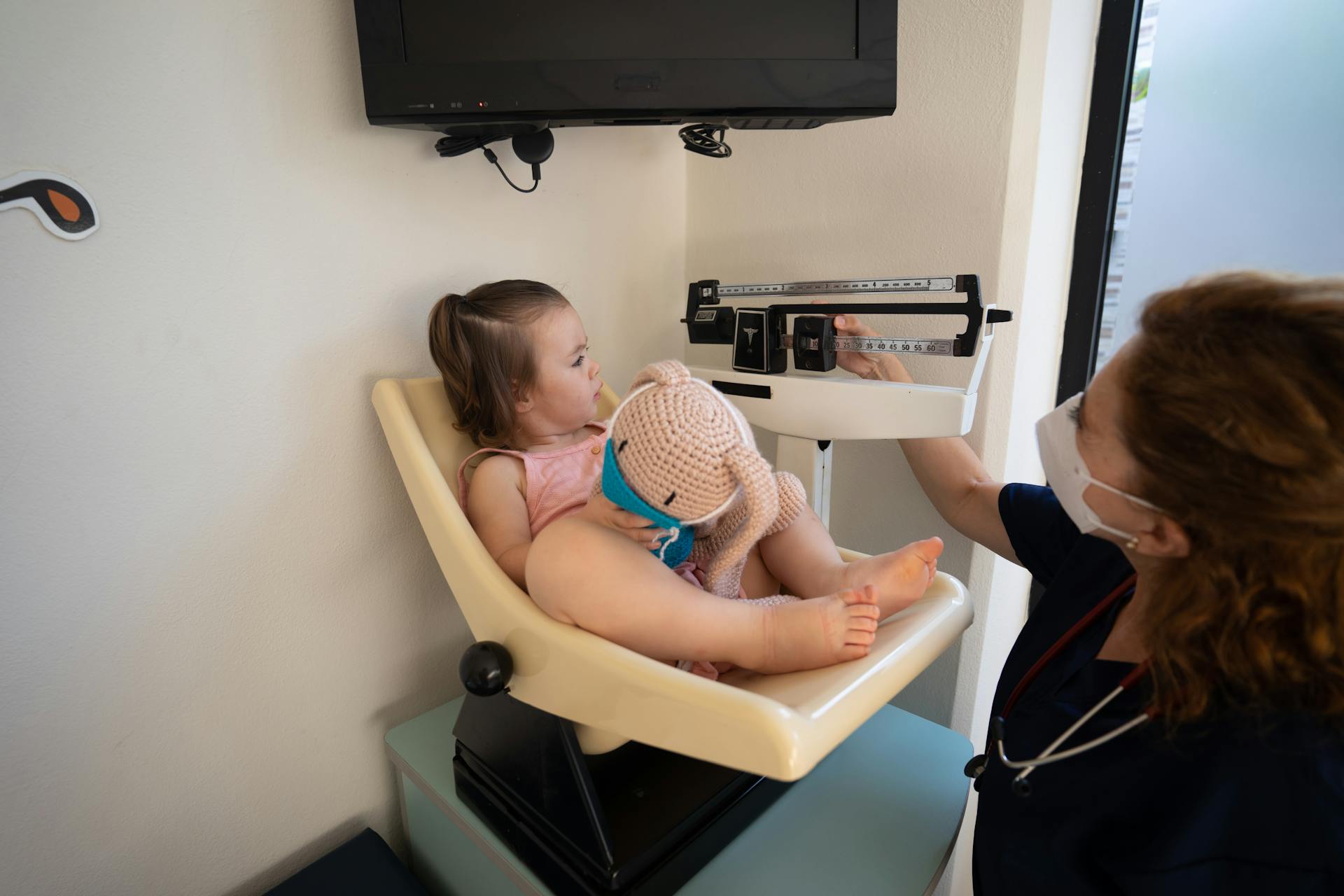A 15-month RN program offers the perfect balance of speed and thorough training, making it the perfect choice for aspiring nurses eager to jumpstart their careers without the extended timeline of traditional degree options.
It’s remarkable to think about how, not long ago, higher education was a luxury that few could afford. Today, academia has dramatically transformed to make these opportunities accessible to anyone dedicated to learning. This shift is especially evident in the rise of accelerated degree programs tailored for self-motivated learners eager to fast-track their education and enter their chosen fields as soon as possible.
There are alternative options for those aspiring to become Registered Nurses (RNs) but reluctant or unable to commit to the standard four-year BSN degree. So, let’s see why a 15-month program is the best way to become an RN for those who wish to streamline their entry into nursing.
Top Reasons to Choose a 15-Month RN Program
There are many reasons why people opt for a 15-month RN program rather than investing the standard 4 years for a BSN degree. Among these reasons are:
Quicker path to a nursing career
First and foremost is, of course, the timeframe. These programs are ideal for anyone looking to begin their nursing career as quickly as possible without having to sacrifice the quality of the education they receive.
So, with this shorter but still as thorough program, you can be fully prepared to take the NCLEX-RN exam, qualify for your license, and enter the workforce—steps that typically follow the completion of a nursing program.
Focused curriculum
Another reason aspiring RNs see these programs as the easiest way to become nurses is their curricula. Such a program’s curriculum is quite focused, offering intensive training in only the key subjects, which will help you develop the essential nursing skills and obtain the necessary knowledge to fulfill a role as an RN.
Although longer programs tend to provide additional courses or electives, a 15-month curriculum focuses on what’s absolutely necessary, making it a balanced choice that gets you career-ready without the other beneficial, but ultimately not strict, prerequisites to securing an entry-level nursing role.
Balance of time commitment and depth of training
Unlike the accelerated options to standard nursing programs, which often can be overwhelmingly fast, a 15-month RN program, though almost short, still provides a steady pace.
This is because, unlike the accelerated options, which compress the curricula of traditional programs into a shorter timeframe, the 15-month RN programs are designed from the beginning to provide the necessary training for an RN within 1 year and 3 months. This means that, as previously stated, they might overlook certain courses or topics but still provide students with all the needed training and knowledge of various nursing concepts and how to apply them.
The program aims to give students enough time to master both theoretical knowledge and practical skills in nursing while maintaining a manageable workload.
Financial savings
Completing an RN program in 15 months does more than save time; it also helps you save money. With a shorter program duration, students naturally will pay less tuition than they might for a four-year degree.
Additionally, the sooner you finish, the sooner you can start working, which means you’ll earn a salary and repay any education costs sooner.
Support and Skills in a 15-Month Program
Yet another reason why a 15-month program is arguably the best way for so many people to become RNs is the strong support and skill-building such programs provide.
Because 15-month programs are typically more focused, they may also have smaller class sizes, which allows for greater access to instructors and mentors. With the right training and mentorship during this two-year period, students emerge as competent, confident nurses, ready to fulfill their roles and help patients.
So, in addition to the obvious clinical knowledge gained, these programs can also help you develop many other necessary nursing skills, such as:
Communication skills
Communication skills are a must-have for all aspiring nurses and healthcare professionals. Therefore, a 15-month RN program dedicates time to helping you develop these abilities by training you in explaining treatment options, offering emotional support, communicating with other healthcare providers, and much more.
Empathy and compassion

The program also aims to help you learn to see the bigger picture instead of solely focusing on clinical symptoms. This will help you understand patients’ experiences and emotions, which is crucial for empathy and compassionate care.
Critical thinking and problem-solving
Nurses frequently have to deal with quite complex patient situations that require quick thinking and effective problem-solving. A 15-month program helps students develop both these skills by challenging them with real-life scenarios, teaching them to analyze information, evaluate options, and make decisions that will ultimately best benefit the patient’s health and safety.
Ethical decision-making
Nurses also often face ethical dilemmas, such as decisions about end-of-life care or patient autonomy. A 15-month program includes training in nursing ethics, which helps you make such challenging decisions with professionalism and respect for patients’ rights and dignity.
Organizational skills
With busy shifts and multiple patients, nurses always need strong organizational skills to stay on track and know when and which tasks to prioritize. A 15-month RN program emphasizes these abilities, helping you learn to manage your responsibilities efficiently and ensure patient care is delivered safely and promptly.
Leadership skills
While often seen as an entry-level role, an RN position also involves leadership skills, as nurses frequently oversee patient care and coordinate with healthcare teams. A 15-month program introduces you to foundational leadership skills, preparing you for potential advancement into roles like charge nurse or nurse manager.
Specialization Options

Understandably, many aspiring RNs may hesitate to apply to a 15-month program, fearing that it might limit their specialization options. But, the truth is that, as long as a relevant body accredits the program, there will be many nursing specializations accessible to you.
Some such specialization opportunities include:
- Pediatrics
- Oncology Nursing
- Geriatrics
- Neonatal Intensive Care Unit (NICU)
- Intensive Care Unit (ICU)
- Emergency Nursing
- Cardiac Nursing
- Surgical Nursing
- Psychiatric Nursing
You should keep in mind that it’s always best to do thorough research into whichever specialty option you want to pursue, as additional certifications, advanced training, and years of experience may be mandated by employers in order to ensure that you are prepared to take on the extra responsibilities in that specific area of nursing.
Job Opportunities

Graduates of a 15-month RN program have access to various job opportunities across different healthcare settings. As long as you obtain your RN license after the program, you can work in hospitals, clinics, nursing homes, home healthcare, and outpatient care facilities.
Many roles are open to new nurses with RN certification, such as staff nurse, clinical nurse, and even some specialized unit positions for those willing to train on the job. So, in terms of direct patient care in hospital and clinical settings, both 15-month RN and four-year Bachelor of Science in Nursing (BSN) program graduates are qualified for most bedside roles, especially in entry-level positions.
However, those aiming for more advanced roles and leadership positions or wishing to pursue specific graduate studies (such as nurse practitioner or nurse educator roles) might benefit from the added preparation and credentials of a BSN.
Conclusion
All in all, if you’re seeking a fast track to a fulfilling career in healthcare as an RN, the option of a 15-month program may indeed be the best way to become a nurse. This choice encompasses the most important areas of nursing education in a much shorter time than traditional programs.
The American Institute of Alternative Medicine’s RN program truly redefines quick entry into nursing, allowing you to complete your training in just 15 months. With us, you’re not just saving time; you’re maximizing every minute.
Frequently Asked Questions (FAQs):
How long are most RN programs?
Most RN programs take about four years to complete if you pursue a traditional Bachelor of Science in Nursing, but there are also accelerated options that allow you to enter the workforce sooner.
Can you become a nurse at 24?
Yes, you can absolutely become a nurse at 24 or even older, whether you’re just starting your studies or transitioning from another field. These 15-month programs offer a much quicker route to achieve your RN license and begin your nursing career.